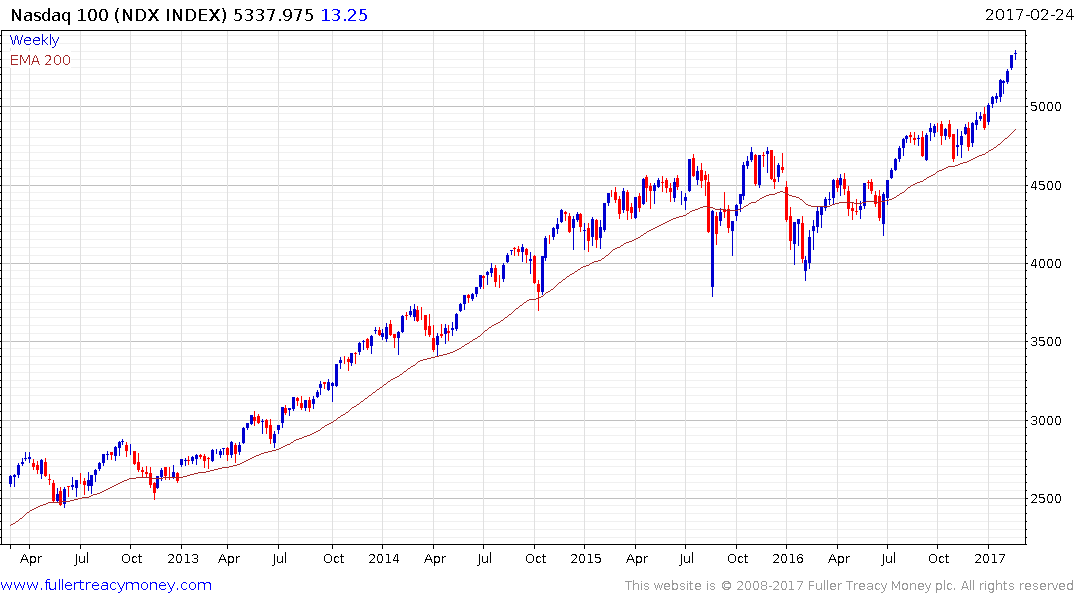The second stage of disruption
This article by Alex Pollak for Loftus Peak appeared in Australia’s Livewire letter and may be of interest to subscribers. Here is a section:
But it’s what inside that counts. Autos and components are a significant part of consumer discretionary, as are media, retail and staples including food. A major component of Industrials is transport – road, rail, marine, airline, construction material and heavy trucks.
Virtually all the automakers have electric and self-driving models in the works. But, as we have noted before, the more successful they are with these, the more the potential for write-offs in their internal combustion engine business – which is basically the whole business.
Banking disruption has started but hasn’t hit the mainstream – yet.
But fund managers typically invest looking to the existing make-up of the global economy, through the GIC’s sectors, which are composed of the companies in those industries. So the fund manager will have investment in oil, automakers, energy and transport, at time when those sectors are heading for massive disruption. In essence, the fund manager is investing by looking backwards!
This is a poor long-term strategy, and one which has already begun to cause drag in portfolios which are underweight ‘technology’ shares (because they form a small part of the index, at the expense of sectors like basic materials and utilities, which are large now but are de-weighting as disruption takes hold.)We are at a particular point in the economic history where disruptive companies are moving into industries which were previously considered inviolable, companies which couldn’t be damaged because demand for the underlying physical good was thought to stretch out to the horizon. In fact, the demand may still be there, but the way it is delivered, because of technological change, is affecting virtually all industries.
It's why we invest in disruption, and the reason our returns have been solid.
Technological innovation is accelerating at an exponential rate and it is having a transformative effect on just about everything. That is why we concentrate so heavily on the sector. Technology is deflationary in many respects but it is perhaps better to think about that influence in terms of lower costs contributing to better margins. That gives a clear advantage to the originators of disruptive technology as well as early adopters.

The Nasdaq-100 remains a relative strength leader because it is so heavily weighted by disruptive companies. The Index has only fallen on four of the last 37 trading sessions with the result that a short-term overbought condition is now evident. A reaction of greater than 150 points would be required signal a process of mean reversion is unfolding.


